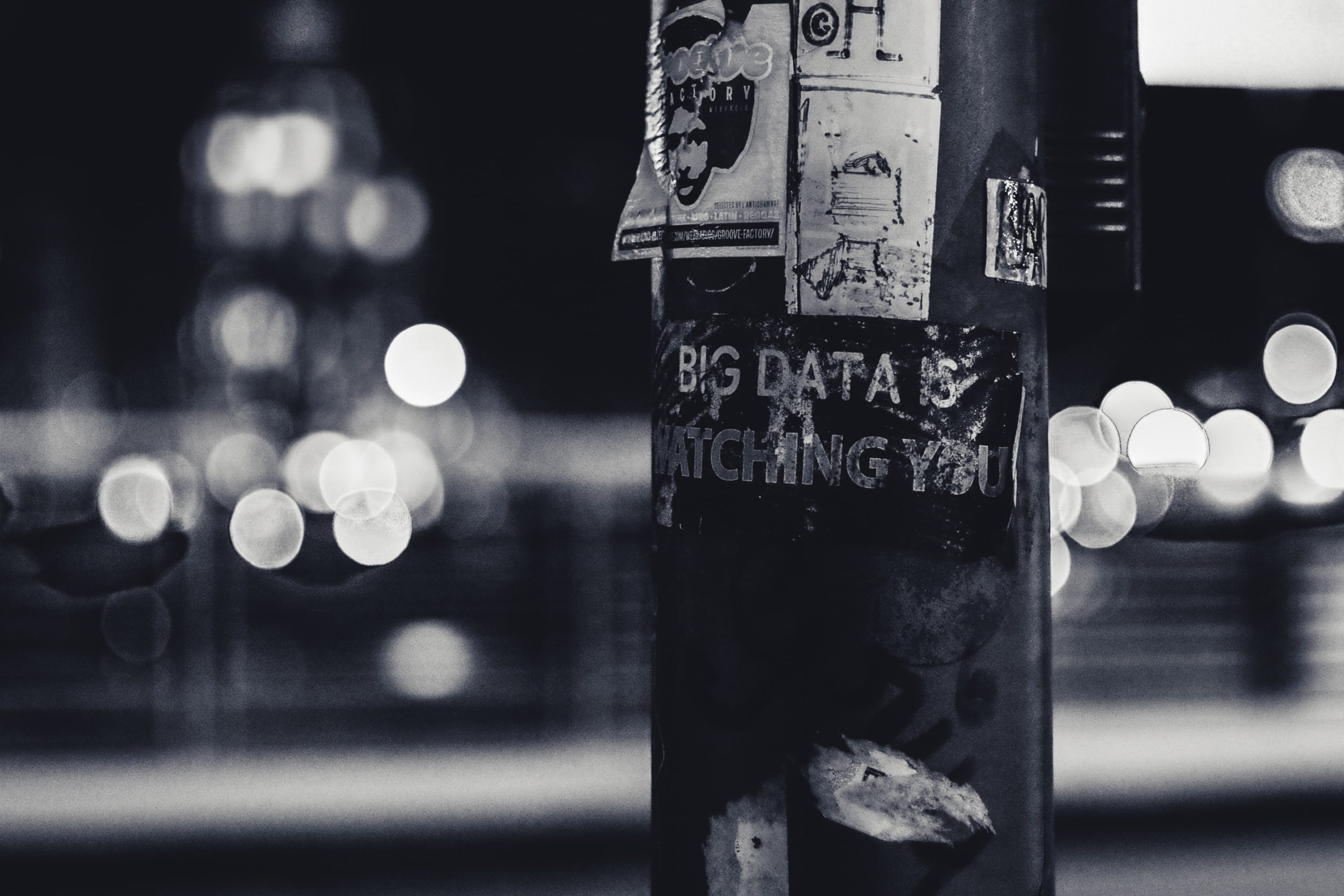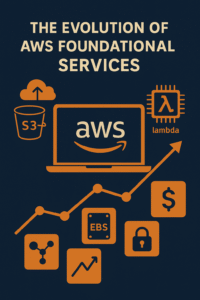A close friend asked me the other day if I could recommend a good VPN to him. This got me thinking about several articles I read last year concerning security and privacy. The information spread across several posts and studies was very intriguing, to say the least. Well, I wanted to answer my friend’s question, but couldn’t without sharing with him all the information and data I had reviewed. I wanted him (and in turn, you) to understand WHY my recommendations are valid. So sit back, grab a cup of java, and enjoy what i’ve prepared for you.
Welcome to the Wild, Wild West
Twenty years ago, most people didn’t know what a VPN was, let alone know what it stood for. Dial-up was still prevelant, and Yahoo was the big search engine/email host on the block. Things seemed so simple, and straight forward. Enter now. The internet is now the virtual wild, wild west, and bad guys and bank robbers are everywhere. In the tech industry, the word ‘security’ is on everyone’s top mind. Data is the new virtual resource, such as gold is in the real world. Companies like Facebook and Google have their own gold mines. And without proper security, anyone can walk in and start mining their own gold.
What about individuals? Who or what can protect the little guy? We’re all connected to each other digitally. If you have a smart phone, you most likely have a constant, active connection to the net. Knowing what you do, when you do it, how you do it, and who you do it with, is big bucks to people who want to advertise and sell stuff to you. Guess what. Your ISP figured this out several years ago. For instance, if you have Spectrum internet, your using their DNS servers (provided you haven’t manually changed this, which is possible). DNS servers resolve names to IP addresses. So when you tell your browser to take you to kohls.com, Spectrum’s DNS server say ‘i got this, i’ll point you in the right direction’ and bam, you land on Kohl’s web page. In the mean time, your search for Kohls is documented on the DNS server. Record enough website requests, and someone can start to build a profile of you, what sites you visit, when you visit them, how often. Companies that purchase advertisement on search engines can use this data to ‘recommend’ you go somewhere else. Or they can recommend you buy this product from another retailer. And really, this is just the very basics. Much, much more can come about from your web traffic.
“Record enough website requests, and someone can start to build a profile of you, what sites you visit, when you visit them, how often.“
Master Reboot
Online Censorship (like, Russia)
Using a virtual private network is a no-brainer. It doesn’t matter where you are in the world, you can’t escape online dangers, such as cybercrime. Plus, there are geoblocks to contend with. When it comes to Russia, though, there’s censorship to bypass and other reasons that make it a sensible idea to protect yourself with a VPN.
Russian authorities have developed and implemented laws that allow them to restrict access to certain websites. This includes political opposition, the conflict in Ukraine, and worst, religious idealism that differs from what Russia considers it’s ‘mainstream Catholicism’.
In 2017, Russia began blocking VPN services. VPN Providers that agreed to filter certain content were allowed to continue to function. Others that wouldn’t would be imposed fines. Thankfully, most providers refused all together. In 2019, another attempt to stop VPN services from allowing access to what Russia considered as ‘extremism’ swept the nation. None of the VPN providers that were approached were willing to cooperate, mainly because that meant logging user’s activity, which in turn, defeats the purpose of a VPN. For more information on how VPN companies are dealing with this, click here.
Let Thy VPN Not Log Me!

Hey, No Logging Here!
One of the MOST important things that makes a VPN worth using, is their No-Logging policy. I know, your thinking “wait, I thought VPN’s weren’t supposed to log your activity”. Yes, to an extent, that is correct. But as the title of this article implies, not every VPN provider is a good VPN provider.
Protecting user’s data is what a VPN is all about. And providers know that. That’s why many will come out and state they are a no-logging company. But that doesn’t necessarily mean much. Some VPN’s put in their clause or ‘fine print’ that your data or activity will be logged, but will be deleted after a server reboot. What happens if the server is up for weeks? Or months? Up-time is a serious thing that OS manufacturers are constantly pushing the envelope on. The longer a server can go between reboots, whether for processing updates, or installing/modifying software, the better. So yeah, they may say they don’t collect your data, but really they mean that ‘yes your digital foot print will exist until we reboot that specific server’. In the mean time, law enforcement could expedite a warrant, collect the ‘cache’ data that hasn’t been deleted yet thanks to updates not forcing a reboot, BAM. Your busted. Again, this isn’t always the case. Some have scripts setup where after you disconnect your VPN client from their servers, any ‘cache’ is cleaned out immediately. This is something we need to be looking for when choosing a VPN provider. Speaking of law enforcement, it’s good to know a thing or two about the country that the provider resides in.
Which countries have the best privacy laws?
Privacy laws vary from country to country. Some places have policies that are aimed at protecting their citizens, while others have laws that look good on the surface but are so broad they allow authorities to access a lot of personal data.
When it comes to cloud services, it’s a good idea to note which country they’re based in. The countries with the most privacy-friendly laws are the best places to base services such as virtual private networks, backup and storage.
Switzerland

Switzerland is probably the best place to be for privacy. Article 13 of the Swiss constitution guarantees citizens’ their right to privacy and there are strict federal laws in place to protect your data. The Federal Data Protection Act and the Data Protection Ordinance protect personal data and prohibit any processing of it unless authorized by the subjects or law.
Data controllers and processors are required to keep a record of their data processing activities. The consent of the subjects must be obtained when processing sensitive data. Disclosing such data to third parties without permission is a breach of data protection, which could lead to fines.
People and companies are covered by the regulations. You are in control of your data and you can ask a data controller to tell you if your personal data is being collected. With that in mind, if you want to guarantee that your data and files are safe from snooping, choosing a cloud service that is based in Switzerland is a no-brainer.

British Virgin Islands
The British Virgin Islands is a popular place for businesses to base themselves. That is because of its lenient privacy laws, as well as the income tax exemption for companies and individuals.
Though the BVI is a British territory, sharing the same monarch as Great Britain, and its people have full British citizenship, it isn’t a member of the EU. That means companies do not have to comply with the GDPR when it comes to processing citizens’ data. It is not part of the 14 Eyes, either, meaning it is not bound by any intelligence sharing agreements.
Panama

Panama has extensive legislation regulating offshore jurisdiction. Its constitution, judicial code and criminal code have several articles that guarantee privacy and protection of personal data for its citizens and foreigners.
Article 29 of the constitution provides for protection of private documents and correspondence. It also says private communications may not be intercepted or recorded unless there is a warrant.
Law 6 of the judicial code ensures that personal information is not shared and, under Law 6 of the criminal code, it is an offense for businesses to breach the confidentiality of information they hold.
Best VPN’s available
| VPN | Location | Info: |
| Vyper VPN | Switzerland | Many VPN protocols, including one developed in house named Chameleon. |
| Nord VPN | Panama | Has feature called ‘double VPN’ which sends all traffic through a second server as an added layer of security. |
| Express VPN | Virgin Islands | All 3000+ servers operate on their own private, encrypted DNS and use 256-bit encryption. |
Final Thoughts…..
If you’re conscious about your online privacy and are thinking of getting a VPN, the first thing to check is that it offers a no-logs policy. As aforementioned, this is extremely important because it’ll ensure the provider doesn’t keep any record of your internet data.
But it’s not just a strict no-logs policy that defines a good, private VPN. Companies that fit into this description also provide a range of other great privacy and security features, such as strong encryption, different VPN protocols, protection against myriad online threats, a kill switch, DNS leak protection and more.



